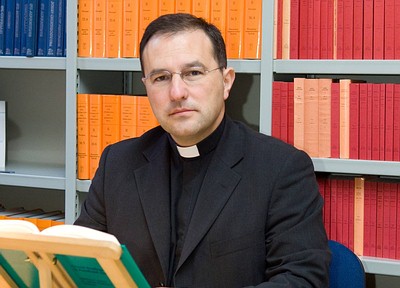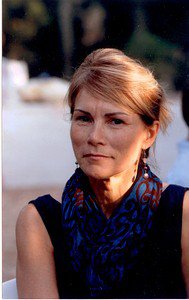Vocare. María Zambrano, a vocation to knowledge
In the year 2007, in Italy, Marietti published María Zambrano’s book Filosofia y educación [Philosophy and Education] with the Italian title Per l’amore e per la libertà. It is a collection of various articles about philosophy that Zambrano wrote during her exile in Latin America from 1939 to 1948 and afterwards, for ten more years, in Rome. What struck us of this book was her way to face the problem of education and her clear writing, which indicated a person who always reflects about her experience and never renounces a very personal investigation into reality.
In particular, we were struck by the insight with which Zambrano in another text, Verso un sapere dell’anima [Toward a knowledge of the soul] (Cortina Editore), identified already in the Sixties the core of the current crisis in education: «What is in crisis is this mysterious link that connects our being with reality, something so deep and fundamental that is our most intimate support.» By way of an introductory video the exhibition presents María Zambrano’s life through autobiographical references read by a woman’s voice, alternating with a narrator’s voice.
In order to offer hints to find a solution to the crisis of education, the exhibition then presents a first section of panels about the origin of knowledge: the relationship with reality. According to Zambrano, this relationship is indestructible; it is «an unbreakable silk tread», that may pass through a crisis but that never stops, and the fact itself of «living is looking for reality» and being open to it with «a great trust», because reality gives itself only to him who looks for it with love. These short references are enough to understand the tone and the style with which the philosopher from Malaga expressed her thoughts.
The relationship with “the teacher” is the second core theme, which is highlighted to find a solution to the crisis of education and is identified as a necessary element to knowledge. The personal relationship is necessary for knowledge. Also the past (tradition) can be discovered again only through a living relationship. In Seneca, (Mondadori) Zambrano writes: «We are living a moment of radical solitude, without a father and an ultimate faith. Whatever belongs to the past must be lived again and clarified so that our life doesn’t paralyze» in a sterile remembrance.
The exhibition presents what the writer calls «my perennial teacher», Blas Zambrano, her father. The philosopher dedicates some vibrant and moving pages to the figure of the father, as the origin of the existential certainties that accompany us throughout our life: «Living as a son or daughter is something specifically human; only the human being feels that his life stems from his origins and turns to them respectfully» (Verso un sapere dell’anima).
Another section, titled «A people without teachers, without fathers, without filiation, could not think», is dedicated to those who influenced most young María’s thoughts and sensibility: José Ortega y Gasset, Javier Zubiri and Miguel de Unamuno. The exhibition ends with a short video about the experience of education as relationship between two freedoms. A woman’s voice plays Zambrano that describes the beginning of a lesson in class: that moment when silence gives a concrete form to the freedom of the teacher and to the reply of the student’s freedom.
The fortune of the lesson depends on this initial moment. The photograms, taken from movies that the public can easily recognize, follow and give meaning to the event of education effectively described by the philosopher. The exhibition culminates in this second video.
In collaboration with Fondazione Marìa Zambrano, Vélez-Málaga.
Video presented by María de los Ángeles Martínez and Benjamín Lorenzo.






